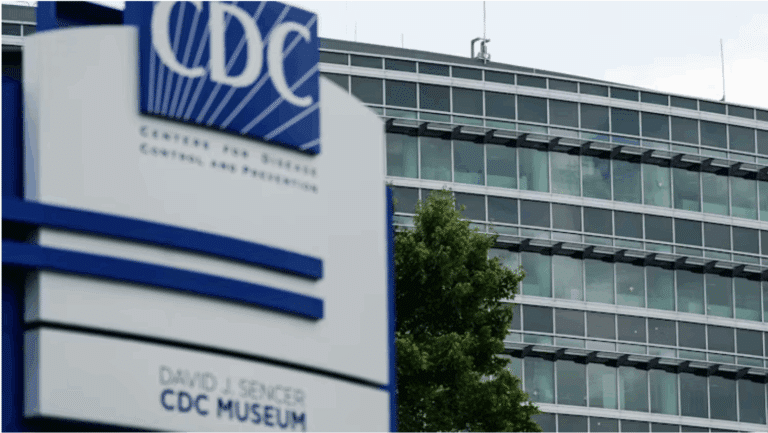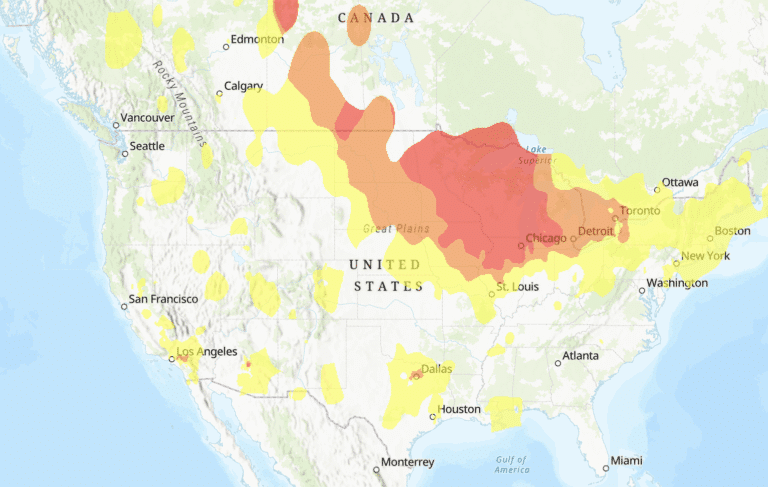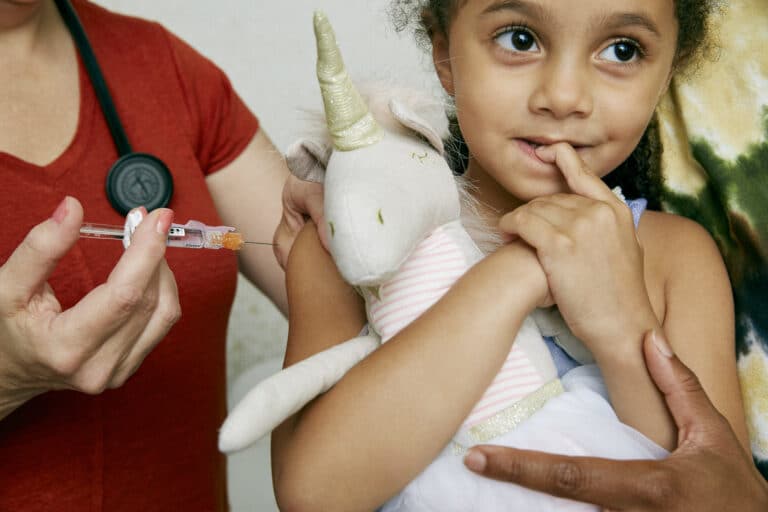By Carroll Cole
Earlier this month, an unfamiliar virus with a name fit for a Hollywood screenplay about a disease-driven apocalypse landed on American shores. The virus, Middle East Respiratory Syndrome, or MERS first appeared in Saudi Arabia in the summer of 2012. Since then, it has infected more than 500 people and spread to 16 countries. It kills about 30 percent of those it infects, according to the Centers for Disease Control and Prevention (CDC).
In less than two weeks, this little-known virus had infected two unrelated healthcare workers—the first in Indiana and the second in Florida. The glowing similarity between cases is that both of the infected patients had recently traveled to Saudi Arabia. While both men are in stable condition, a third man—from Illinois—has been infected, however, he shows no signs of illness, officials said late last week. The Illinois man became infected after shaking hands with the infected Indiana man.
MERS is marked by flu-like symptoms and affects the respiratory tract making fever, cough and shortness of breath all trademark signs. This means it can be difficult distinguishing the flu from MERS, according to John P. Salerno, MD, a New York-based alternative medicine doctor and head of The Salerno Center.
“If you’re in the area that’s endemic for MERS, like traveling to Saudi Arabia, I would assume any upper respiratory symptom is MERS and be overly cautious,” says Salerno. In that case, he recommends wearing a mask and frequent hand washing.
“We don’t know a lot about this virus,” says Jessica Ridgway, MD, an infectious diseases physician and assistant professor of medicine at the University of Chicago Department of Medicine. “We really don’t how it spreads. We don’t know for sure that you’re not contagious [if you’re symptom-free].” However, the fact that the virus has passed between people here in the U.S. is “not that surprising,” she says. She also stresses that the medical community is “learning more and more.”
The CDC says that the virus spreads “through close contact, such as caring for or living with an infected person,” but it is not known exactly how it is spread.
However, “if you haven’t been to the Middle East or been in contact with someone who has MERS, then you’re really not at risk,” Ridgway says. “There has not been sustained transmission of MERS in other developed countries where it’s been [reported]. It’s mostly from travelers.”
Salerno says, “If the genetic structure of the virus were to mutate, then it may become a concern. But I don’t think that’s going to be an issue.”
Scientists know that camels carry MERS, and they are looking at bats as a possible carrier, as well. Right now, treatment for the virus involves supportive care including supplemental oxygen and anti-viral medicines. Salerno suggests people at risk protect themselves naturally by sticking to a diet low in refined sugars, a healthy sleep schedule, and using natural anti-viral medicines, such as olive leaf, grapefruit extract and vitamin C.
There is no reason to stress at this point, Salerno and Ridgway agree. “There are always new viruses, new infections, that are going to come about. There are often new flu strains each year,” Ridgway says. “It’s sort of the way the world works in some ways, and it will keep happening. But we are equipped and have a lot of great public health agencies and smart people working to control the spread of the virus to best minimize the impact.
“The big message is that people don’t need to be worried about contracting MERS,” she says.














